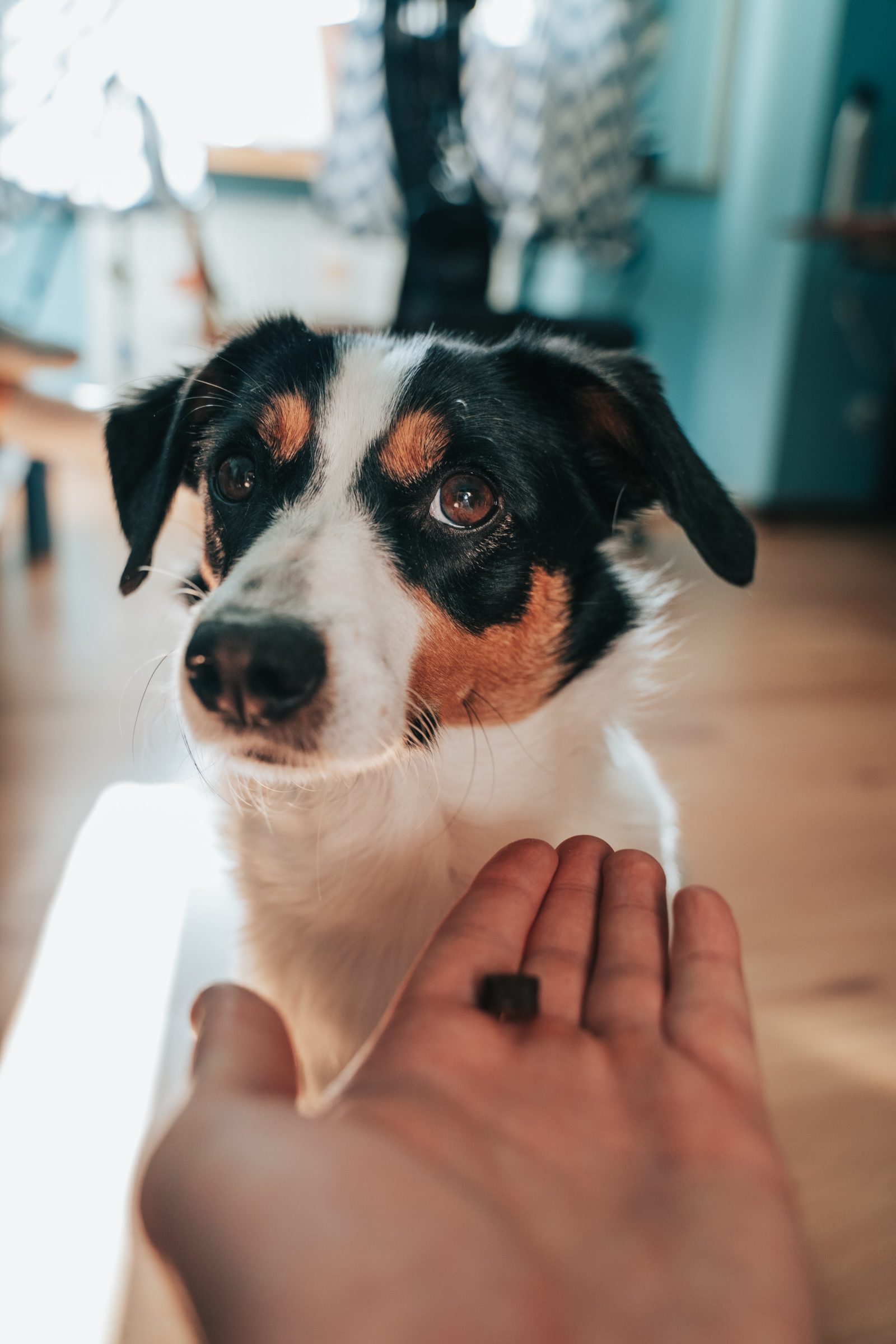Is your dog super itchy all the time? Is he losing fur and hurting himself because he’s scratching and pawing it himself all day? Does he seem to have suddenly lost interest in his food? Does his coat look dull and patchy? Is he getting chronic ear infections all the time?
All of this points to food sensitivities in dogs. Food sensitivities and food allergies in dogs have been increasing steadily in the past few years. The dog food market has seen an increased demand for food made without common allergens like corn, soy, wheat, beef, dairy, gluten, and other grains and fillers.

Along with this, the popularity of raw food diets has also gone up. Raw food diets eliminate these common allergens. It also eliminates hidden allergens like chemical preservatives and artificial flavors and colors. If you think your dog has food sensitivities, here’s what you need to do!
Try Out Different Diets
You might be asked to try out different diets to see which one your dog does better on. You can try out other diets for food sensitivity like raw food diets, limited ingredient diets, hypoallergenic diets, or novel protein diets. A food allergy can be quite tricky to figure out, and new diets can also trigger food intolerances. Private label dog treats are also available for those who want an all-natural treat that won’t trigger any allergies either.

You should slowly introduce any new pet food while keeping an eye out for adverse reactions like itchy skin, gastrointestinal signs, skin infections, and chronic ear infections. You don’t want to trigger your dog’s immune system into overdrive while you try and give him food he can eat! If you’re giving packaged food, keep an eye on the ingredients in different dog food to make sure that you’re not giving anything your dog has a food intolerance to by mistake!
Switch To Novel Proteins
If your dog is showing symptoms of food allergy when you give him his everyday food, you could consider switching to a food that has novel proteins in it. A novel protein is a protein that your dog has not had before. Since animal protein is one of the most common food allergies in dogs, you could try out different sources like hydrolyzed protein dog food or uncommon meats. You can get a wide variety of animal proteins in the market, like rabbit, salmon, and kangaroo.
You could also choose foods with limited ingredients if your dog has several types of food intolerance. This way, you know exactly what is going in your dog’s bowl. If the food has one or other ingredients your dog hasn’t had before and he shows signs of immune system response, you will know that your dog is allergic to that ingredient.

Talk To Your Vet
You should book an appointment with your veterinarian to discuss your concerns with them. Your vet might ask you to start on something called an elimination diet. An elimination diet can either be home-cooked, or your vet might ask you to feed your dog a specialized dog food like Royal Canin Ultamino. The animal protein in this dog food has been broken down to such a small size that it will slip past your dog’s immune response.

It will not elicit an immune response or allergic reaction. The point of this diet is that your vet will know every ingredient that your dog is eating and will either introduce or eliminate ingredients one by one to see which one your dog is allergic to. This way, you will figure out what kind of diet your dog will tolerate so that you can avoid adverse reactions.
Elimination diets are hard work and last for several weeks to months. If your vet has asked you to cook the food at home and you are not in a position to do so, ask about packaged alternatives you can try. There are enough veterinary options on the market for your dog, and it is essential to choose one your vet has worked with before.
Support Their Skin
If your dog has food sensitivities, one of the most obvious ways it manifests is skin reactions. He might suffer from rashes, cuts, and other damages to the skin and coat because of the constant scratching. You must support the skin and coat to help ease the discomfort from food allergies.
Omega-3 and Omega-6 fatty acids help repair and strengthen the skin barrier. Your dog might not be getting enough nutrition because of his food intolerance, which often puts dogs off their food. You need to provide multivitamins and minerals that will ease the constant discomfort your dog feels and give him the tools for him to heal.
